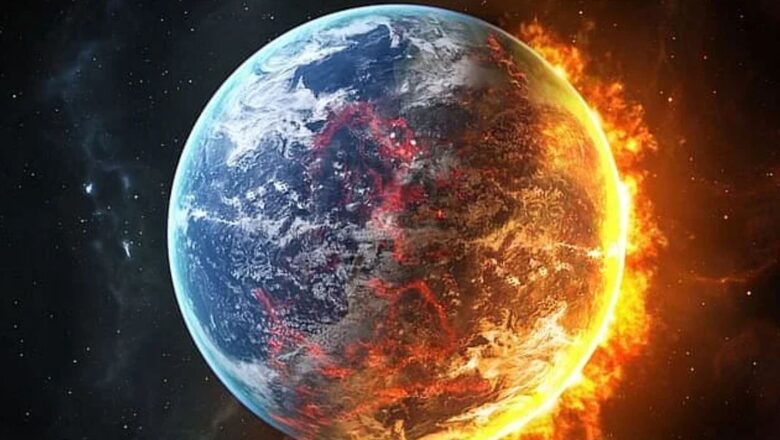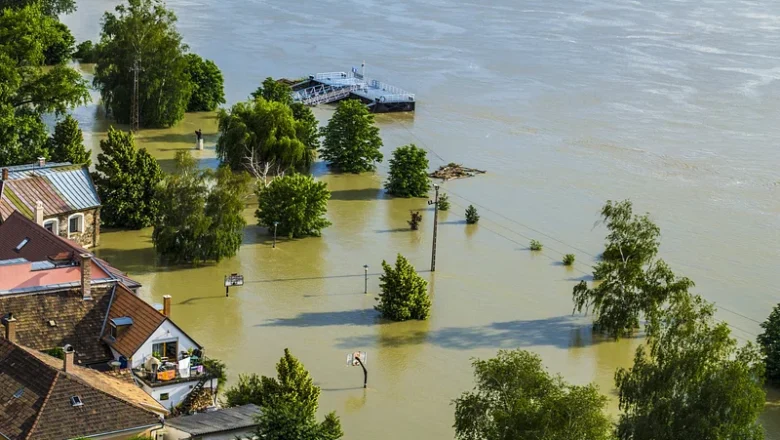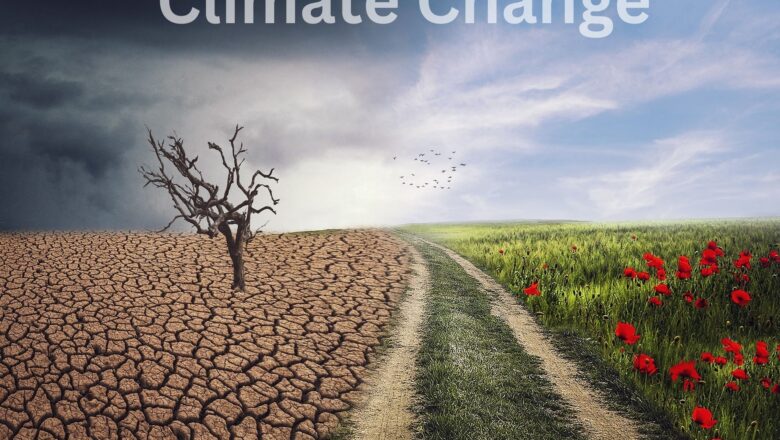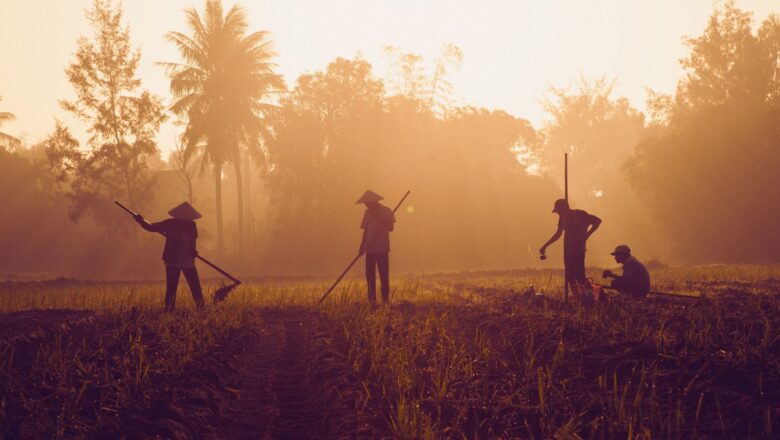
Africa Climate Wake-Up Nearly Half Say Governments Must Lead Fight Against Global Warming
In a sweeping new survey that reflects the growing urgency of the climate crisis in Africa, nearly half of those aware of climate change across the continent believe their own governments should bear the primary responsibility for combating its impacts. The findings, published in the journal Nature, draw from Afrobarometer the largest public opinion survey in Africa and shed light on how citizens across 39 countries are assigning blame and demanding accountability for a crisis that is fast reshaping their lives.
Of the 53,444 people surveyed, 26,735 respondents said they were aware of climate change. Among this informed group, 45 per cent pointed to their national governments as the ones who must lead the charge against the unfolding environmental crisis. Another 30 per cent placed tha...








